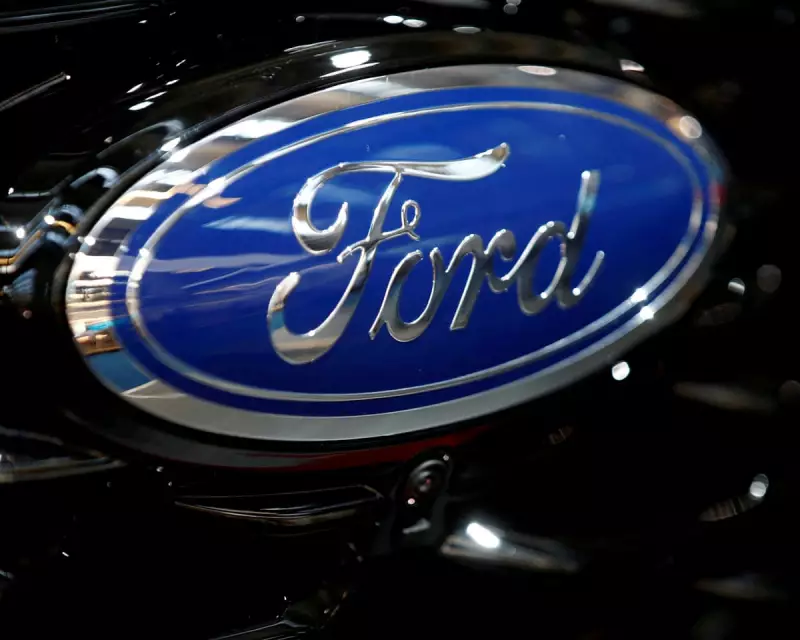
Ford Accused of Selling One Million Defective Diesel Vehicles in UK
The High Court has heard startling evidence that approximately one million Ford diesel cars were sold in Britain with serious defects in their emissions control systems. These highly polluting vehicles were produced and sold between 2016 and 2018, despite Ford engineers allegedly being aware of the problems.
According to lawyers presenting the case, many of these vehicles were never formally recalled or repaired, leaving potentially hundreds of thousands of British drivers operating cars that emit excessive levels of toxic nitrogen oxides (NOx).
Legal Battle Over Emissions Testing
The claims emerged during a major legal action representing 1.6 million diesel vehicle owners against five car manufacturers, including Ford. The claimants allege these companies used "defeat devices" to cheat emissions tests specifically designed to measure NOx emissions.
Court proceedings revealed that Ford's emissions control systems were found to become significantly less effective when exposed to sulphur in fuel during normal driving conditions. In damning evidence from 2017, all 27 Ford vehicles with Euro 6 engines failed the New European Driving Cycle (NEDC) emissions tests when examined in service.
During cross-examination, Thomas de la Mare KC told Marcus Davies, Ford's former calibration manager, that the systems had not been "sufficiently tested" and that the scale of the problem affected "one million vehicles." Davies attempted to downplay this figure, stating "It's not every vehicle that would have this problem."
Software Updates and Compliance Issues
The court learned that while new software was implemented in production lines from 2018, and some customers received updates during official dealer services, there was no comprehensive recall campaign to address the widespread issue.
De la Mare challenged Davies directly, stating: "You must have appreciated that the update would not rectify the situation." Davies responded that it would "improve it," but acknowledged under questioning that it would not make the vehicles fully compliant with NEDC standards.
Claimants argued that Ford had deliberately calibrated its engines to pass certification tests rather than effectively reduce real-world driving emissions. Referencing internal documents from as early as 2012, Ben Jaffey KC stated there was "a very clear recognition that Ford wasn't using EGR [the exhaust gas recirculation system to reduce NOx] as much as possible."
Real-World Driving Dangers Revealed
Perhaps most concerning were revelations about Ford Transit vans. Documents presented in court showed that NOx emissions from a Euro 5 Transit van surged well beyond regulatory limits when tested in sixth gear - something that normally wouldn't occur during NEDC testing conducted in fifth gear.
However, in real-world driving conditions, the vans' gear shift indicator encouraged drivers to switch to sixth gear when reaching speeds of 100km/h (62mph), precisely where the system to reduce NOx became ineffective. Jaffey commented dryly: "It's hardly Grand Theft Auto, is it?"
The Ford models included as sample vehicles in the trial encompass popular models such as the Mondeo, C-Max, Fiesta, Focus, and Transit vans - vehicles commonly seen on British roads.
Ford's Defence and Broader Context
Ford continues to strongly deny having created defeat devices, describing the claim as "scientifically illiterate" in its written submissions. The company's lawyers argued that "a reduction in the effectiveness of NOx control may be a necessary, reasonable and justifiable engineering compromise to maintain overall system stability, protect components from damage, or control other, potentially more harmful, emissions."
The three-month hearing, which opened last month, is examining vehicles sold by Ford alongside four other manufacturers: Mercedes, Renault, Nissan, and Peugeot/Citroën. This case represents the UK extension of the global "Dieselgate" scandal that first emerged in autumn 2015 when US scientists revealed Volkswagen had equipped diesel vehicles with software specifically designed to falsify emissions tests.
The worldwide consequences of such alleged misconduct have been severe, with car owners facing collective costs running into hundreds of millions of euros. Environmental and health experts estimate the increased pollution has contributed to thousands of deaths and cases of asthma in children.
The trial continues as British consumers await justice in what represents one of the largest consumer actions in UK legal history.





